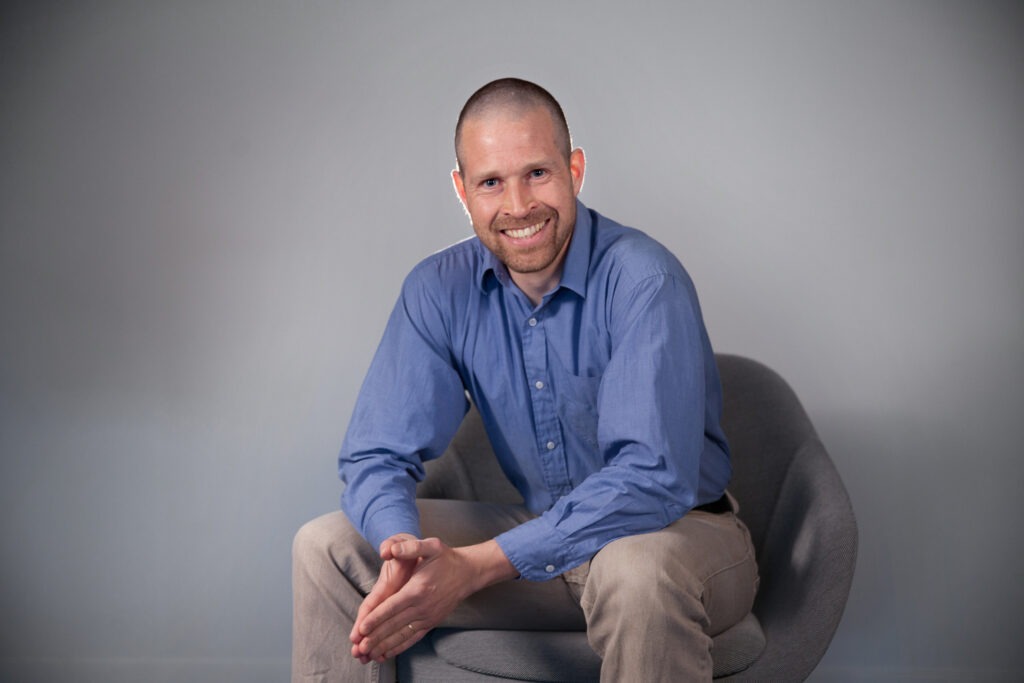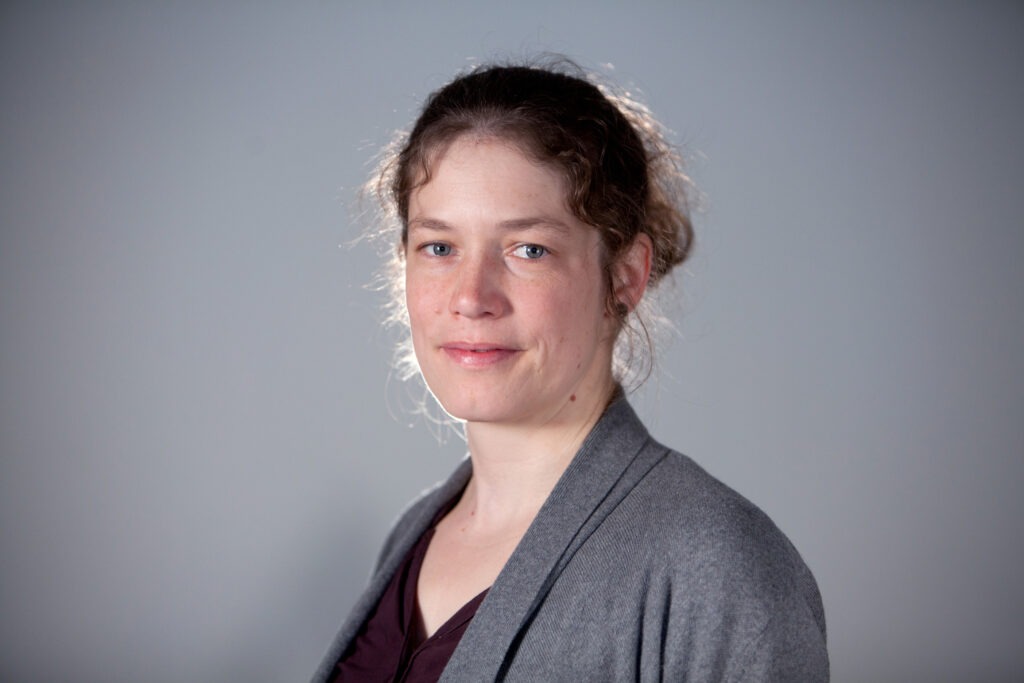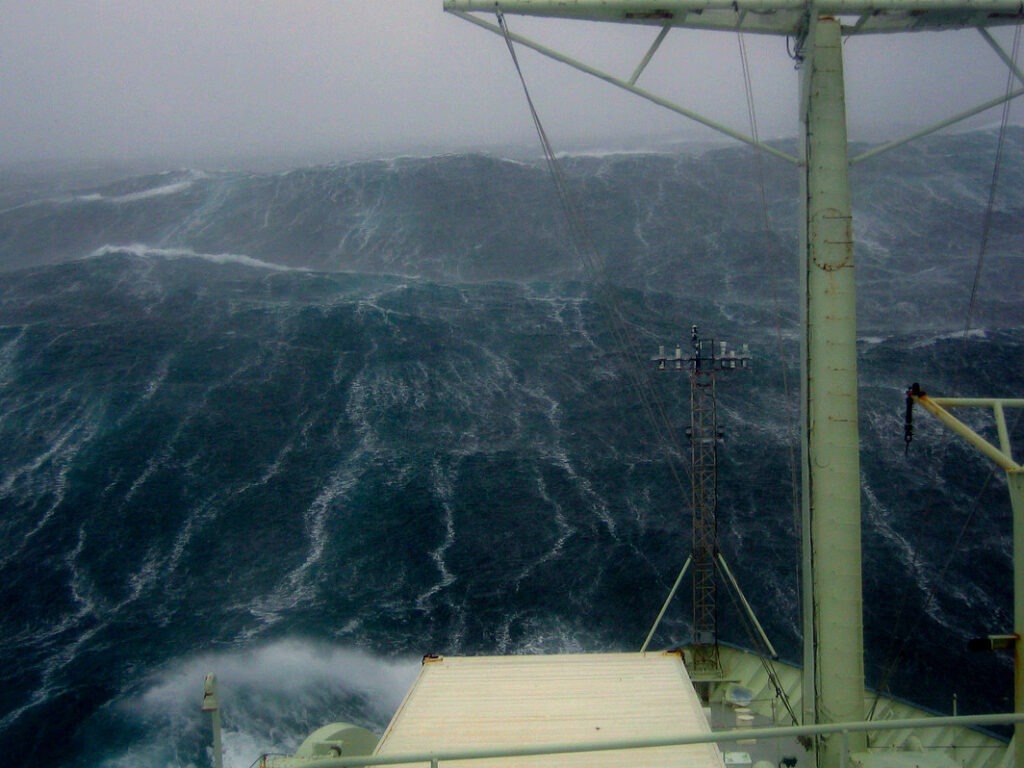Several TMS grantees have secured prestigious European Research stipends
The Trond Mohn Foundation Starting Grant program has helped to recruit a total of 48 researchers to the University of Bergen and several of the grantees work in climate and environmental sciences. Both current and former fellows have successfully been awarded highly prestigious European fellowships from the European Research Council (ERC) while they had an ongoing TMS grant, or after
On the occasion of World Environment Day in June, the foundation has interviewed two outstanding young climate scientists at UiB about their experiences: Professor Nele Meckler (Department of Geosciences, UiB) – she led the TMS project CLIP and the ERC Starting Grant C4T and received the ERC Consolidator Grant FluidMICS in 2021 and Professor Kjetil Våge (Geophysical institute UiB) who led the TMS project OVENS and was recently awarded the ERC Consolidator Grant ROVER.
Could you briefly explain your research topic?
KV: In an extension of the Gulf Stream, warm water flows north into the Atlantic Ocean, all the way into the Nordic Seas and the Arctic Ocean. Here the warm water is cooled and eventually flows back into the depths as part of the Atlantic Ocean’s large-scale circulation. I want to understand where and how the warm water is converted into cold deep water and how this will change in a warmer climate.
NM: I am researching past climate, i.e. climate change throughout Earth’s history. We extract information about past temperature from geological archives such as microfossils (tiny old shells preserved in sediments on the seabed) and stalactites from caves. Then we measure either the chemical composition or physical properties of the material, which are related to the temperature when it was formed. We research previous major climate events such as when the Antarctic ice sheet was formed, or the warming after the Ice Age. From that we can learn how the climate system behaves under different framework conditions – it is very important to be able to predict the changes we are facing.
Was the TMS stipend important for your ERC application? If so – how?
KV: Yes, it was very important. A discovery in the TMS project directly led to the formulation of the hypothesis that forms the basis of the ERC project. Just as important is that the TMS project, and other previous projects, all contributed towards an overarching aim and have thus given me the opportunity to build a sufficient experience and knowledge base to be able to compete for an ERC grant.
NM: I applied for both in parallel, so it did not matter in the actual application process. But getting both was very important to our success – that we could build a new laboratory and become a large enough team to further develop and apply our method.
Is there anything special about the climate research environment in Bergen?
KV: Bergen has one of the largest climate and marine research environments in Europe. There is a lot of exciting research going on here, carried out by many talented researchers. Having so many good colleagues in the immediate vicinity has been very inspiring and important for my research.
NM: What is special here in Bergen is that the climate research environment at the Bjerknes Center covers the entire breadth of the research field, from reconstruction of past climate to observation of today’s climate, climate modelling, and research into the impact of climate change on nature. There are many researchers here who are at the forefront of their field, and the environment is very international. It is very inspiring and fun to be part of this and provides many opportunities to discuss ideas about new projects and new collaborations.
What is your advice to young (climate) researchers today?
KV: For me, it has been very important that most of the articles and projects I have been involved in had a clear connection. It has helped to give me a clear profile that I use when I apply for research funding. From early on, it may also be a good idea to communicate ambitions, it can help open doors and lead to unexpected opportunities.
NM: It is important to research what you are most curious about and not to be influenced by possible pressure to work on topics that are “in”. At the same time, I think it is important not to be too focused – there is a lot of inspiration to be gained when you look up and follow what others are doing. I would also advise anyone who can to use opportunities to go out into the world and work in different research environments – I have benefited from this opportunity very much since I was a graduate student.
Many thanks to Nele and Kjetil and good luck with your ERC projects!


Other TMS fellows who have received ERC grants:

